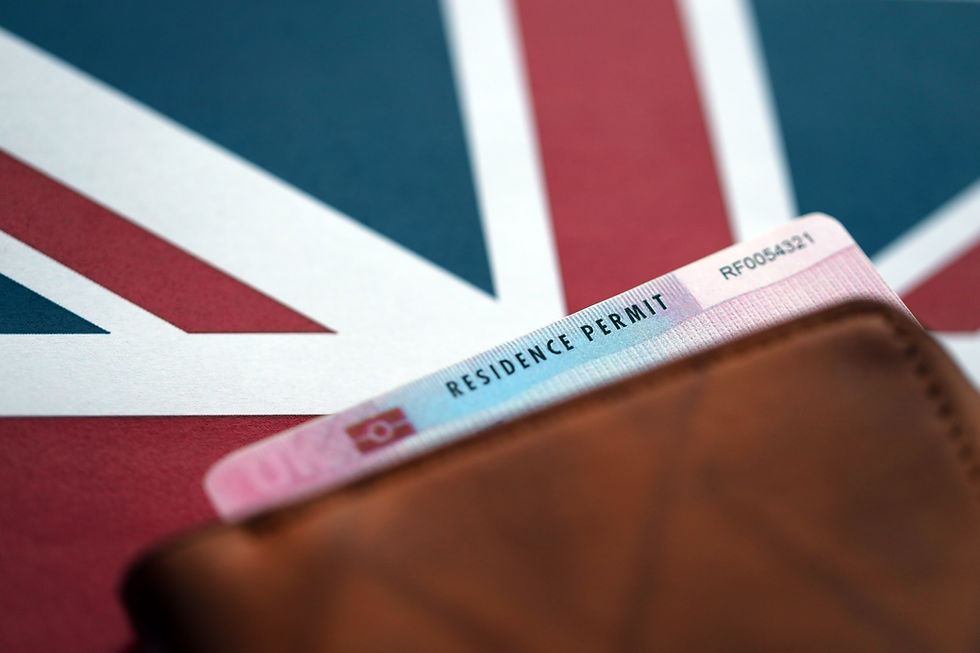Payroll Update – August 2021
- actlondon
- Aug 18, 2021
- 3 min read
Right to work in the UK
Following the 30 June 2021 deadline for applications to the EU Settlement Scheme, the process for completing right to work checks on EU, EEA, and Swiss citizens has now changed.
Employers can no longer accept EU passports or ID cards as valid proof of right to work, with the exception of Irish citizens. Instead, you need to check a job applicant’s right to work online by using the following link: www.gov.uk/view-right-to-work. To carry out an online right to work check, you will need the applicant’s date of birth and their share code, which they will have obtained when they proved their right to work online (www.gov.uk/view-right-to-work)
You do not need to retrospectively check the status of any EU, EEA, or Swiss citizens you employed before 1 July 2021.
There may be situations in which you identify an EU citizen in your workforce who has not applied to the EU Settlement Scheme by the deadline and does not hold any other form of leave to remain in the UK. Where an EU citizen has reasonable grounds for missing the application deadline, they will be given a further opportunity to apply.
You should carry out a right to work check for every individual you employ. Employers can face a civil penalty of up to £20,000 for each illegally employed worker who does not have the right to work in the UK and where correct checks were not undertaken
Furlough Scheme winding down
Please note that the Coronavirus Job Retention Scheme will be ending on 30 September 2021. Claims for September must be submitted by 14 October 2021.
From 1 August 2021, the government will pay 60% of wages up to a maximum cap of £1,875 for the hours the employee is on furlough. Employers must top up employees’ wages to make sure they receive 80% of their wages (up to £2,500) for the hours they are on furlough. The caps are proportional to the hours not worked.
Statutory Sick Pay Rebate Scheme
The UK government’s Statutory Sick Pay Rebate Scheme continues to provide financial support to small and medium-sized employers. If you’re an employer with fewer than 250 employees, and if you’ve paid Statutory Sick Pay (SSP) to employees for coronavirus-related sickness absence, you could be eligible for support. The repayment will cover up to 2 weeks of the applicable rate of SSP.
Claiming working from home tax relief
Your employees may incur additional household costs if they have to work at home on a regular basis, either for all or part of the week. This includes having been told to work from home because of coronavirus. Additional costs include things like heating, metered water bills or business calls, that they can demonstrate have been incurred wholly, exclusively and necessarily as a direct result of working from home. They do not include costs that would stay the same whether they are working at home or in an office. If you, as their employer, don’t already reimburse your employees for these costs, they may be eligible to claim tax relief on them. They can claim quickly and simply using our online service, which is now open for claims that relate to periods up to 5 April 2022.
Contacts
If you would like to discuss any issue affecting your business then please do not hesitate to contact info@act.london or your usual A.C.T. contact.



Comments